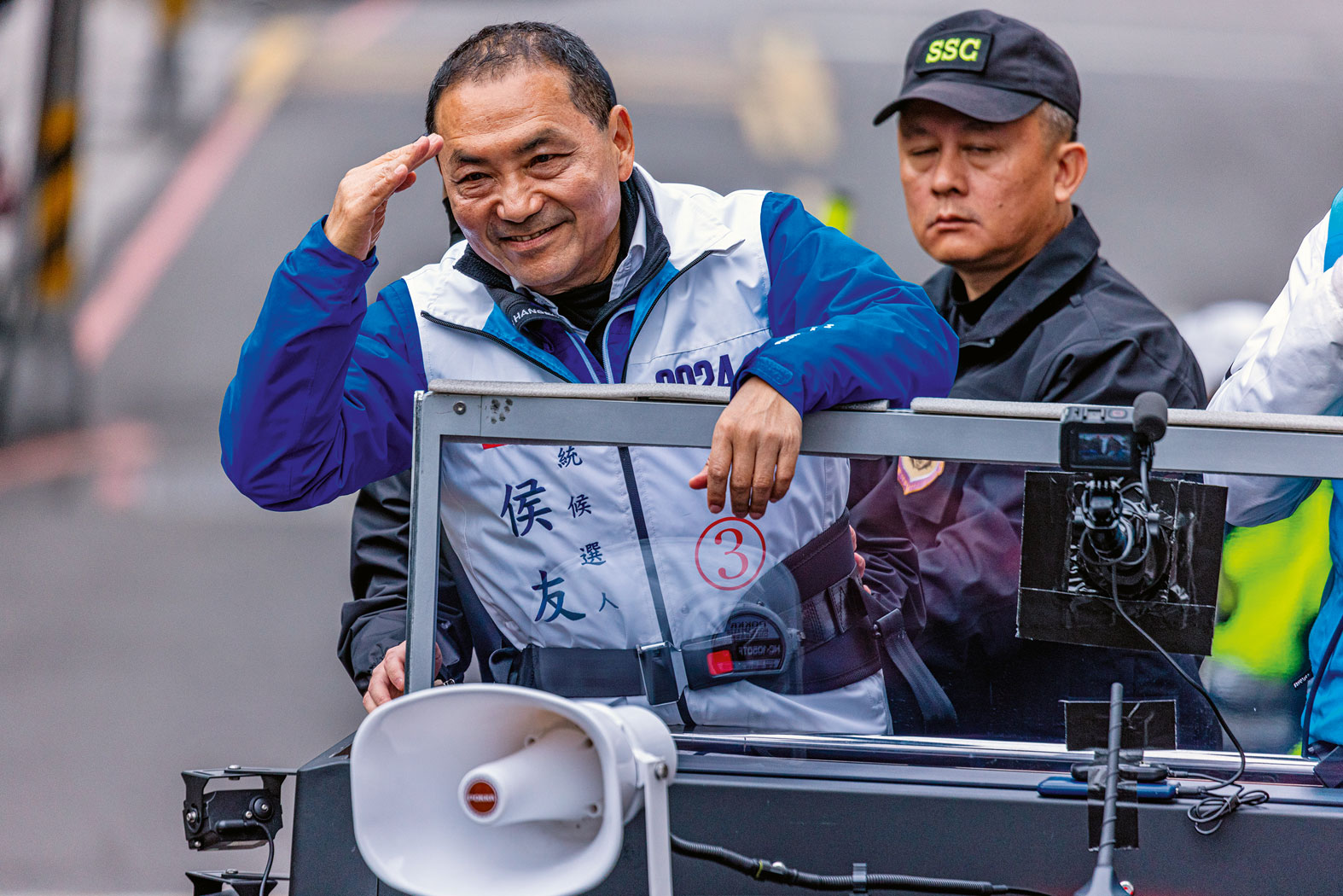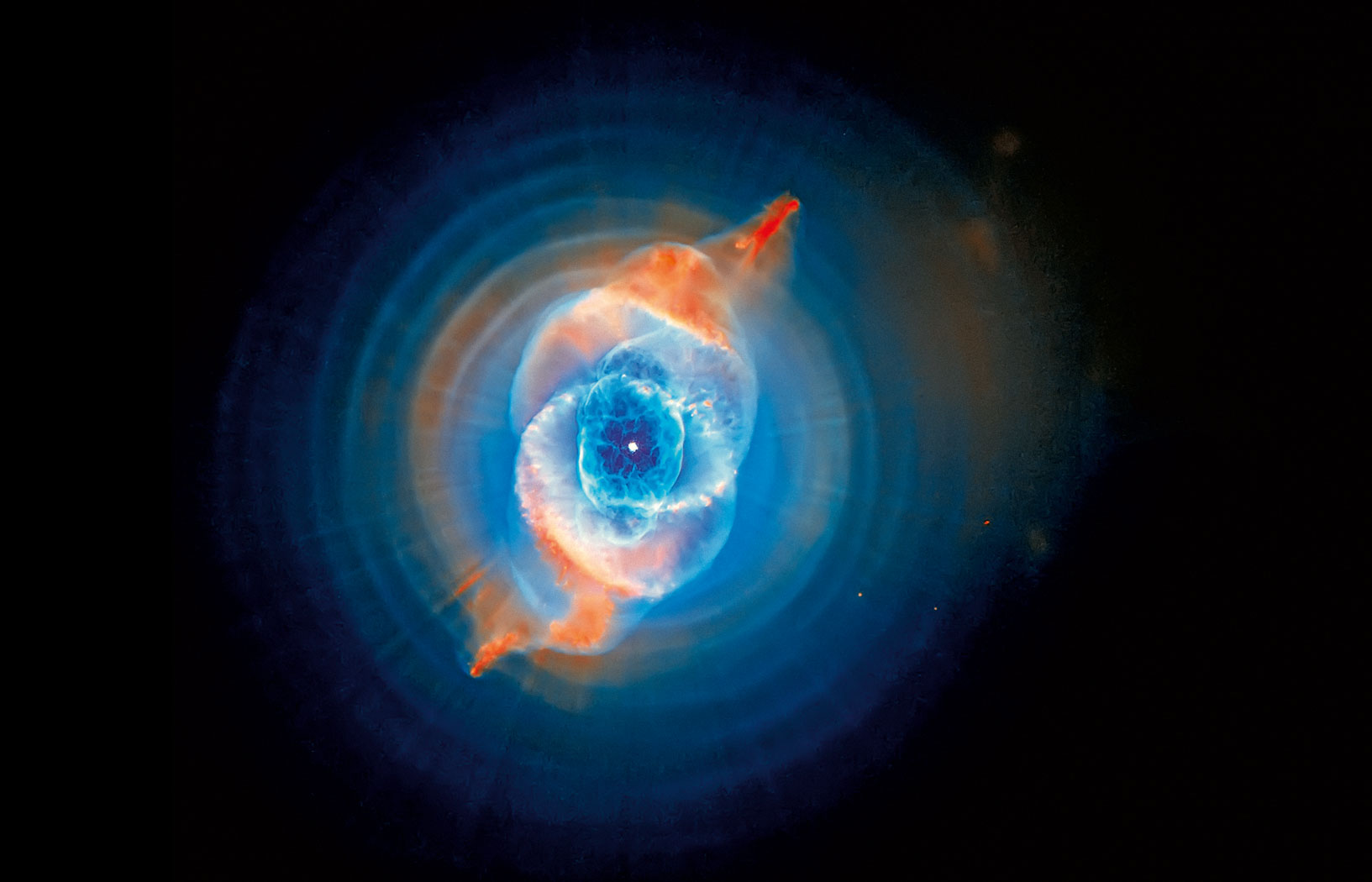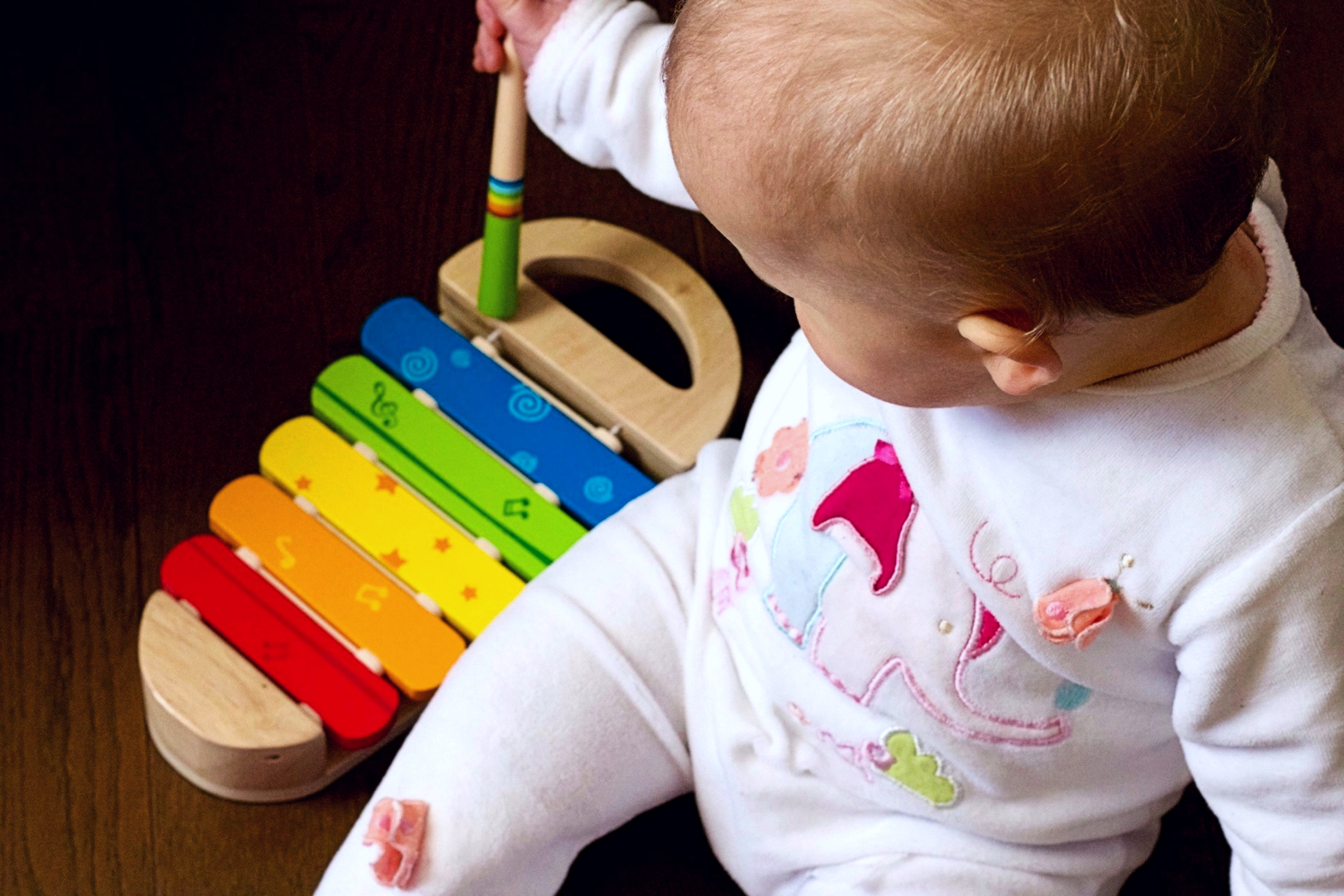On Saturday, its residents will elect a president. Will Taiwan move further away from mainland China?
Lai Ching-te (William Lai), 64, has long dominated presidential polls. He is the current vice president, but crucially a local, not a refugee from the mainland. And that is crucial in this whole conflict over the future and identity of the island (and its relations with Beijing). So who are these locals?
Lai is the leader of the island’s ruling Democratic Progressive Party (DPP). The group, founded in the 1980s, is a local version of Solidarity, born out of the tradition of anti-regime opposition. It has become a voice ben sheng renthat is, the local population – the marginalized Taiwanese on the island after 1945, when Taiwan was annexed to the Republic of China. Especially after 1949, when Chiang Kai-shek was evacuated to Taiwan, fleeing the victorious communists.
An army of more than a million Kuomintang supporters, called wai sheng ren (people from the outer provinces) took possession of the island, pushing the current inhabitants, descendants of the former Chinese colony, to the bottom of the social ladder.
Residents faced discrimination until the 1980s, when Chiang Kai-shek’s son lifted the world’s second-longest martial law, legalized other political parties and began experimenting with free speech. In the 1990s, the island became fully democratized, making Taiwan arguably the most democratic place in Asia.
Chinese patience
The PRC has watched Taiwan’s democratization with a mixture of irritation and disdain. Considering the division between mainland China and Taiwan as unnatural, caused by the Cold War and the Americans, the Chinese communists assumed that the island would sooner or later return to the motherland, since in principle there is only one Middle Kingdom.
Since Deng Xiaoping, Beijing has decided to attract Taipei economically.
Politics 3/2024 (3447) of January 9, 2024; World; p.52
Original title of the text: “The State next to the environment”







